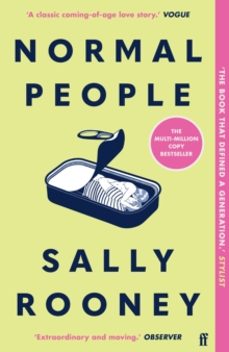📗 Libro en inglés THE CAMBRIDGE ILLUSTRATED HISTORY OF RELIGIONS
CAMBRIDGE UNIVERSITY PRESS- 9780521810371
Sinopsis de THE CAMBRIDGE ILLUSTRATED HISTORY OF RELIGIONS
The Cambridge Illustrated History of Religions provides a comprehensive survey of world religions from pre-history to the present day. Each religion is treated in depth, with text written by an acknowledged academic expert supported by lavish illustration. Images have been carefully chosen to complement the text. There are special box features and spreads. The religions covered include Jainism, Chinese and Japanese religions, Hindu religions, Sikhism, Judaism, Christianity, Islam and Buddhism, along with smaller sections on Zoroaster and Parsis, Greece and Rome, Egypt and Mesopotamia, aboriginal religions, Shamanism, and modern religions such as Bahai. The book includes a substantial bibliography, a full chronology for each section, a general chronology giving the most significant dates from all religions, and information on religious phenomena such as festivals and calendars. This is an authoritative reference book in an attractive format which will appeal equally to students of religion, teachers, and general interested readers.
Ficha técnica
Editorial: Cambridge University Press
ISBN: 9780521810371
Idioma: Inglés
Número de páginas: 336
Tiempo de lectura:
6h 55m
Encuadernación: Tapa dura
Fecha de lanzamiento: 11/03/2002
Año de edición: 2002
Plaza de edición: Cambridge
Especificaciones del producto
Escrito por John Bowker
John Bowlby fue un psicólogo, psiquiatra y psicoanalista inglés. Estudió Psicología y Ciencias Preclínicas en el Trinity College (Universidad de Cambridge) donde ganó varios premios por su desempeño intelectual. Trabajó unos años con menores marginados y posteriormente se licenció en Medicina en el University College Hospital de Londres y se formó en psiquiatría de adultos en el Hospital Maudsley. Durante la segunda guerra mundial trabajó en la clínica Child Guidance de Londres y, más tarde, fue teniente coronel en la Royal Army Medical Corps. Bowlby formó parte de la dirección de la Clínica Tavistock y fue consultor en la Organización Mundial de la Salud (OMS) en el ámbito de la salud mental durante veintidós años. El desapego materno que experimentó en su infancia fomentó su gran interés en el desarrollo infantil, por cuyos estudios es mundialmente reconocido en la actualidad, y la teoría del apego, de la que fue pionero.
Descubre más sobre John Bowker Recibe novedades de John Bowker directamente en tu email
Opiniones sobre THE CAMBRIDGE ILLUSTRATED HISTORY OF RELIGIONS
¡Sólo por opinar entras en el sorteo mensual de tres tarjetas regalo valoradas en 20€*!




































